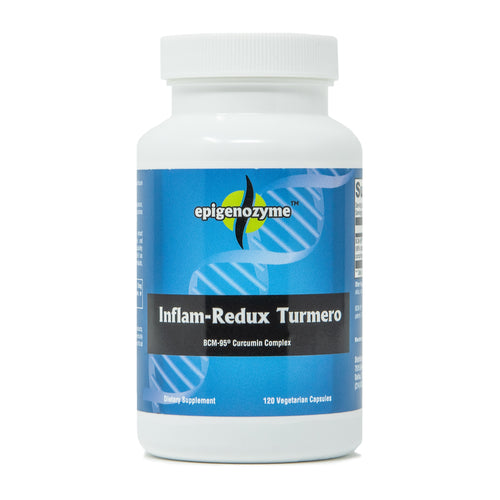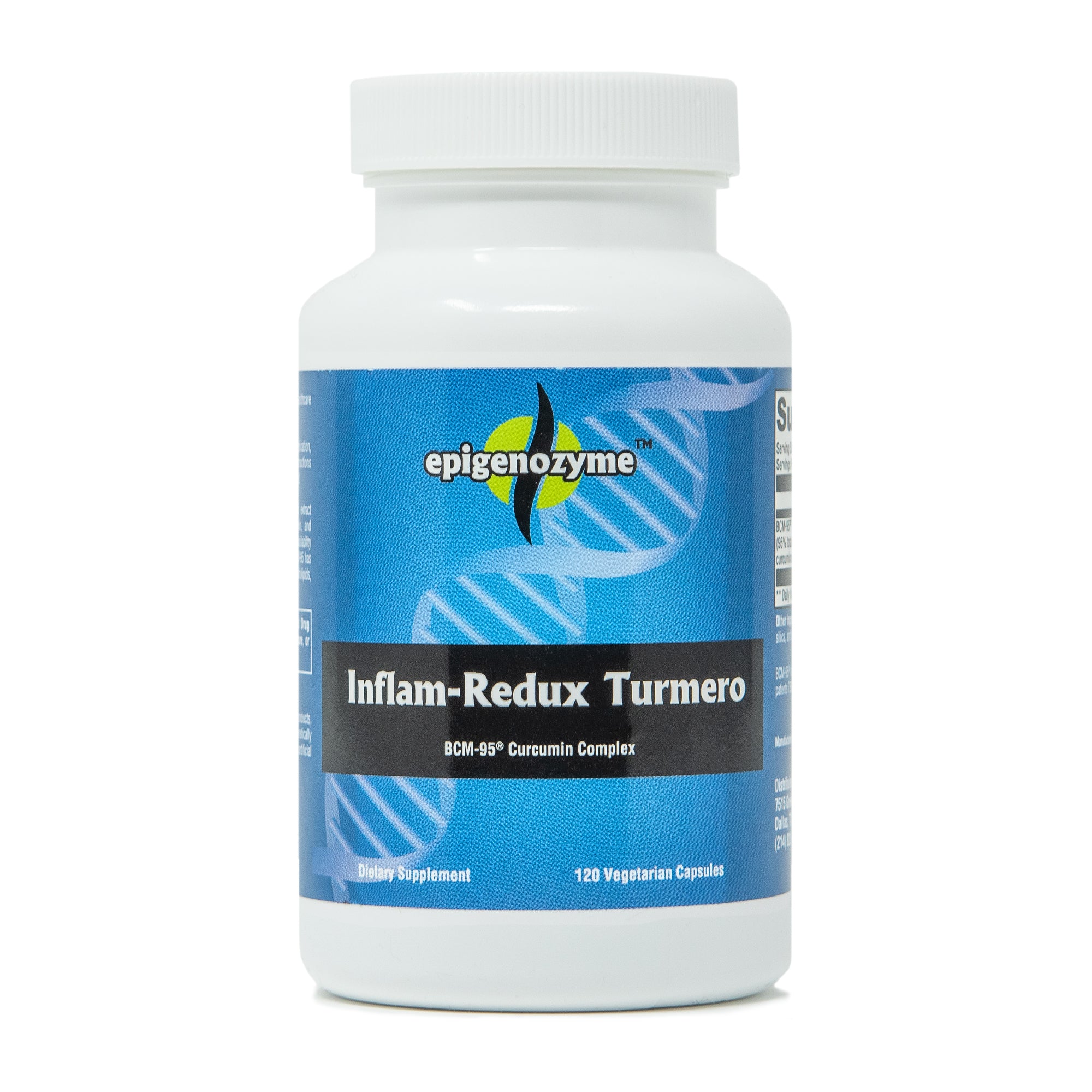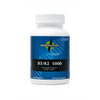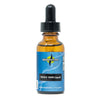Clinical Applications
- Enhances Mental Focus and Clarity
- Improves Memory and Cognition in Those with Age-Related Memory Decline
- Improves Sleep Quality Including Time Spent in Deep and REM Sleep
- Supports Mental and Emotional Wellbeing
Magnesium is one of the most important minerals for human physiology, serving as a cofactor in over 300 enzymatic reactions. The 2013 NHANES found that 48% of the United States population consumed less than the recommended daily allowance for magnesium. Additionally, magnesium status can be negatively impacted by aging, certain health conditions, medications, exercise and diet choices.
A sufficient level of magnesium is essential for the health and function of the brain. Some of its most important functions are protecting the integrity of the blood brain barrier (BBB), serving as a cofactor for neurotransmitter synthesis, and modulating receptors. The transportation of magnesium into the brain is normally a restricted process due to the tight regulation of magnesium in blood.
In 2010, researchers at the Massachusetts Institute of Technology published their novel discovery of magnesium L-threonate, the only magnesium complex shown to specifically increase magnesium levels within the brain. Intraneuronal magnesium has been scientifically demonstrated to support neuroplasticity and mental focus, and improve memory in the aging brain. It promotes quality of life by supporting a balanced sleep-wake cycle and mood. Mag Threonate can also help alleviate occasional nervousness and stress.
Sleep Quality
Poor sleep affects 62% of adults worldwide. Insufficient magnesium intake and poor sleep have been correlated in several studies. Some mechanisms to explain the connection of poor sleep with inadequate magnesium are the ability of magnesium to bind gamma-aminobutyric acid (GABA) receptors, attenuation of the stress response or its role as a cofactor in melatonin synthesis.
Mental-Emotional Health
A 2023 survey reports that 49% of adults in the United States report frequent stress. Symptoms of low mood and nervousness can occur independently of stress but are often experienced at the same time. In the brain, magnesium supports mood and emotional health by acting as a cofactor for the synthesis of dopamine and serotonin, inhibiting the release of excitatory glutamate and binding calming GABA receptors.
Memory and Concentration
Memory and mental focus are common patient concerns. In an animal model, magnesium L-threonate was found to increase the synaptic density and function of neurons in the brain. A decline in neuronal synapses, their function and consequent atrophy of the brain are associated with impaired cognition, a process that increases with age. In a study of older adults with memory concerns, those that received 1.5 to 2 g of magnesium L-threonate daily demonstrated improvement in executive function, working (short-term) memory and episodic memory.
Suggested Use:
2 capsules per day or as recommended by your health care professional.
*Statements regarding dietary supplements have not been evaluated by the FDA and are not intended to diagnose, treat, cure, or prevent any disease or health condition.


























